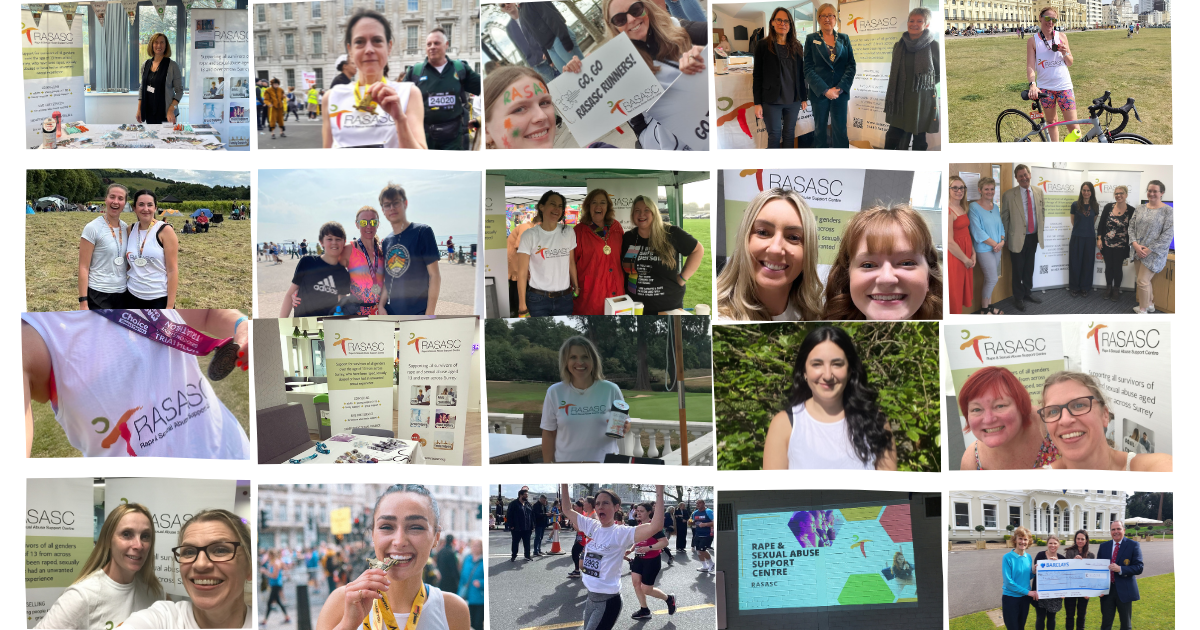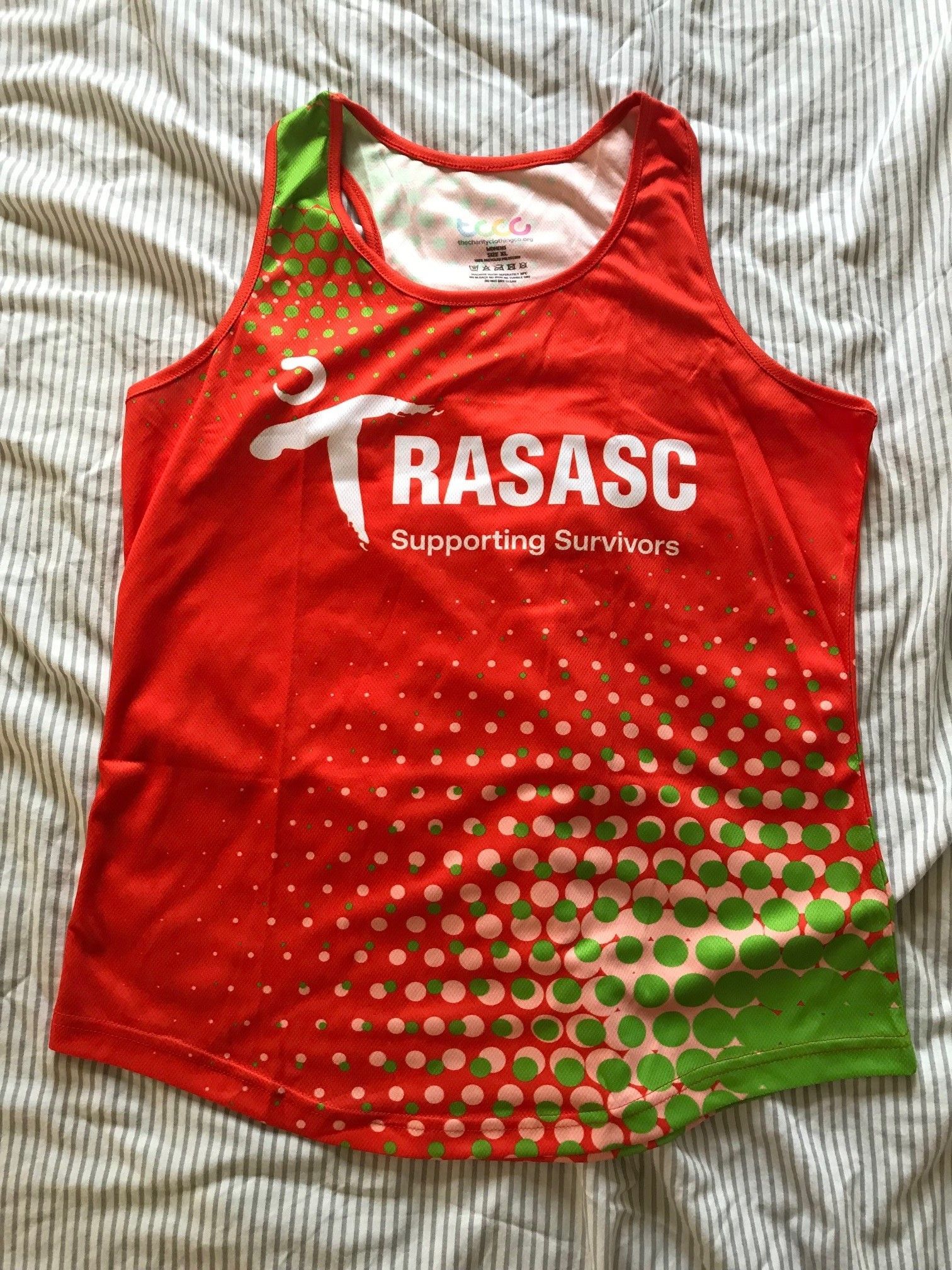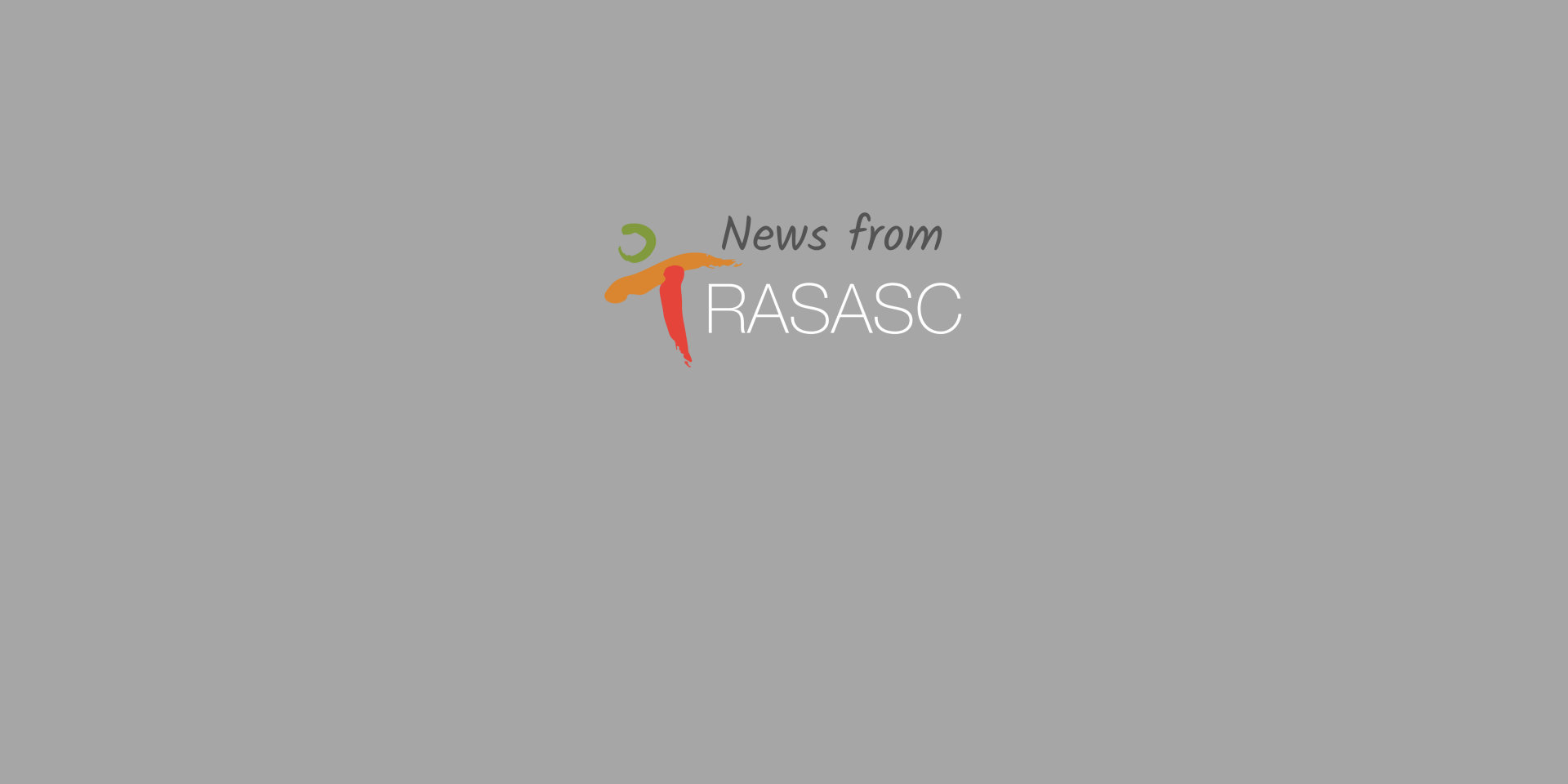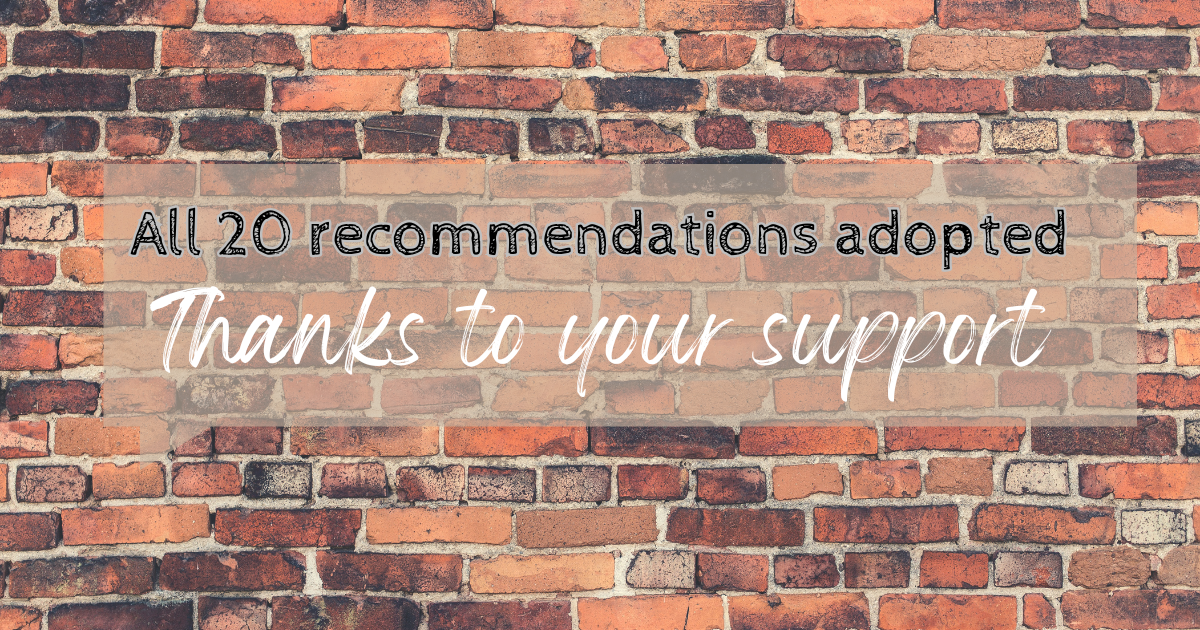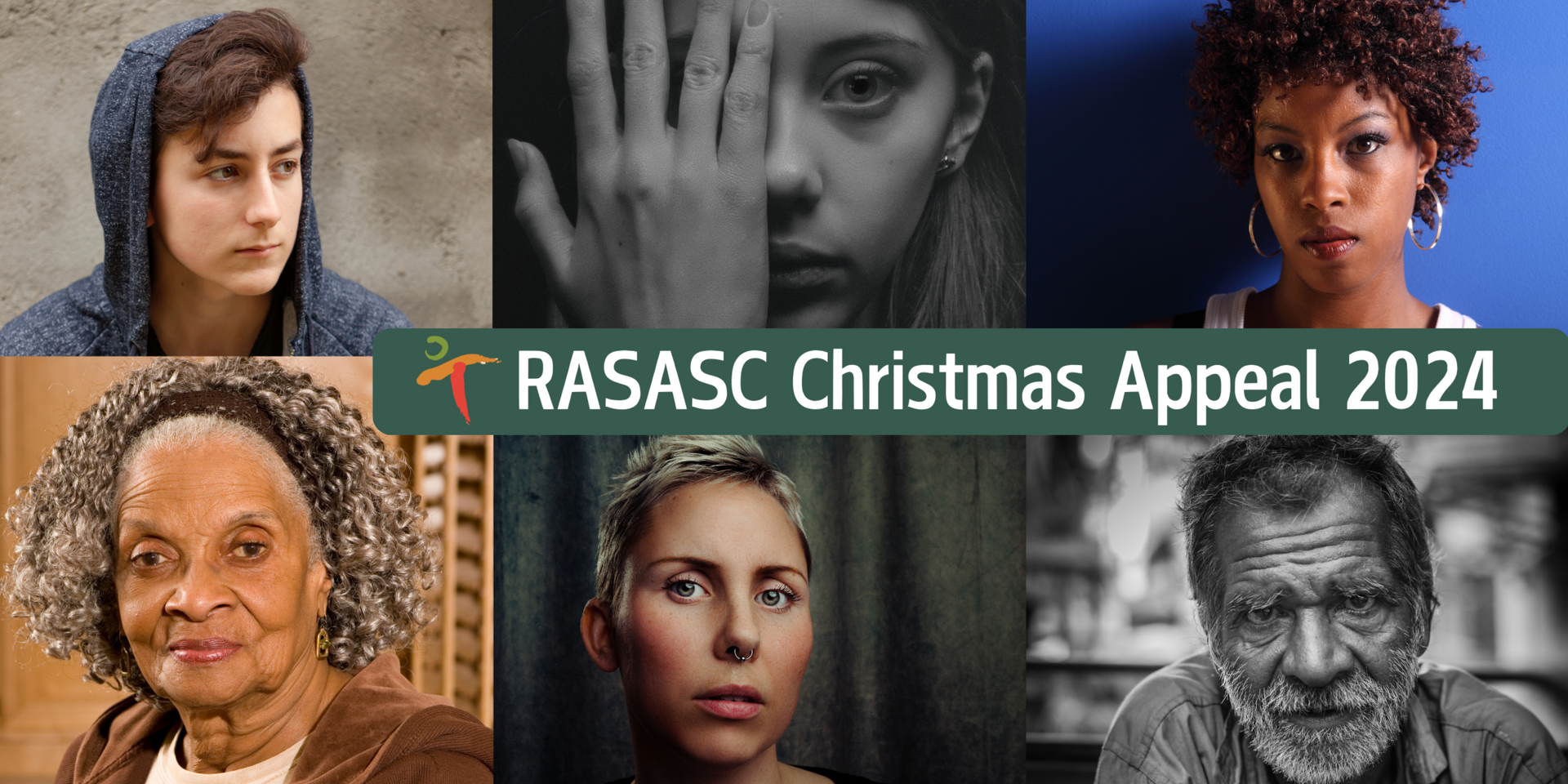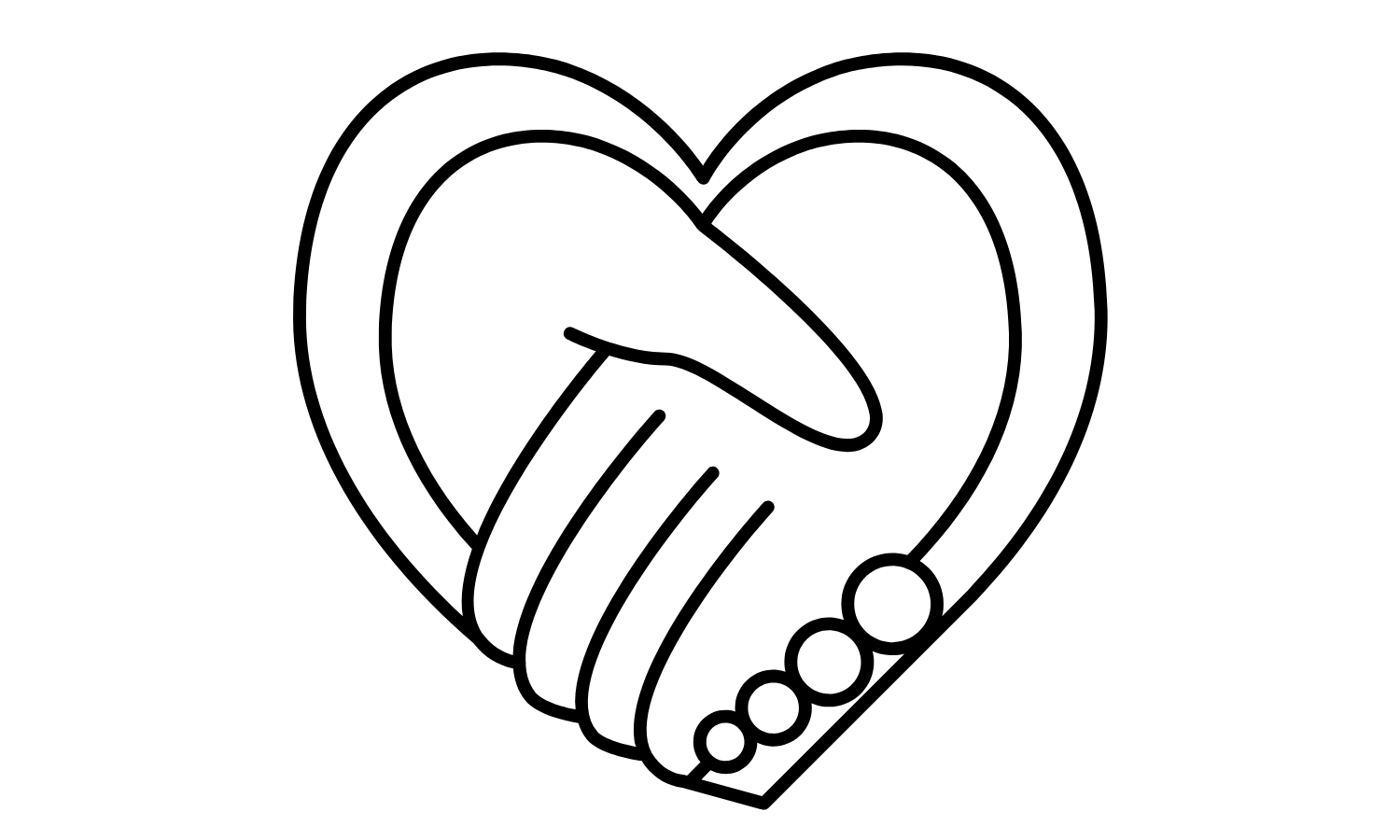Helplines Awareness Day
Thursday, 23 February marks the first Helplines Awareness Day.
As an organisation, RASASC’s roots lie in helplines. We started off as a helpline service, before developing our counselling and ISVA services to become the RASASC you know today.
We still operate a national helpline for survivors of rape and sexual abuse and their friends and family. It’s open four evenings a week, Monday – Thursday from 7.30pm-9.30pm. Our specially trained helpline advisors can offer support and advice, and signpost to services that can help.
In 2021/22 we took 1,083 calls from people who had been affected by rape and sexual abuse, as well as friends and family concerned as to how best they can support their loved one.
We recently caught up with Lisette, our Helpline Coordinator, to ask her all about the RASASC helpline, what it's like and what's involved:
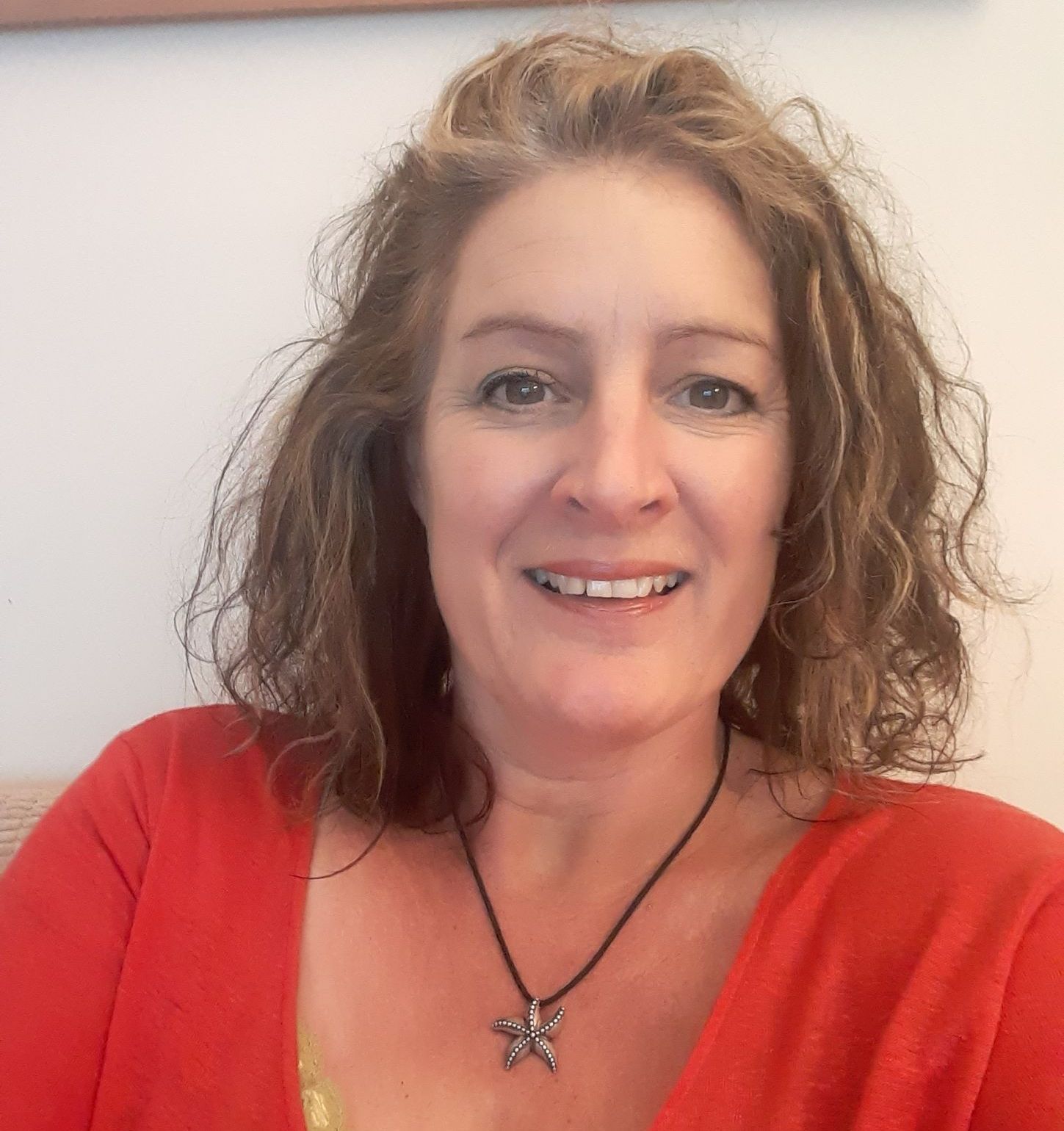
How long have you been overseeing the RASASC helpline?
“Since June 2022. I am still relatively new in post and learning all the time! However, the supervisors and many of the volunteers are very experienced, and they have kindly shared much of their knowledge with me.”
When does the helpline operate?
“The helpline is open every Monday- Thursday (except bank holidays) from 7.30pm to 9.30pm on 01483 546400.”
How many volunteers currently work on the helpline, and are you recruiting for more?
“We currently have 23 volunteers trained to work on the helpline. We’re not recruiting for new helpline volunteers at the moment, but if you keep an eye on our helpline volunteer page, we will update this when we are recruiting. You can also find a description of what the role entails on there.”
What’s involved in becoming a helpline volunteer?
“All volunteers undergo an extensive training programme before they start on the helpline, and are supported through regular monthly supervision sessions, to ensure they can get any help and support they may need.
“This post carries a genuine occupational requirement and is therefore only open to female volunteers aged 23 and over. We ask that our volunteers commit to one shift every fortnight, and due to the length of training given, can commit to volunteering for us for a minimum of 18 months.”
Is the helpline just for survivors?
“No. Anyone can call our helpline for advice, including friends and family, as they often struggle with how best to support their loved one. The helpline provides a listening and support service for survivors of all genders, as well as those who are supporting a survivor.”
What sort of calls do you receive?
“It really varies. Some callers are phoning for information and help as to what to do next, and others need emotional support. We receive calls about recent incidences, as well as from people who experienced abuse many years ago as a child. We also get calls from friends and family members looking for support and advice on how best to help their loved one, and how to come to terms with what has happened to them.”
Will I have to talk about the abuse?
“No. It takes a lot of courage to talk about the abuse, and often callers will talk about other things in their lives. If you don’t want to talk about it, or you’re not ready to, that’s fine, we won’t pressure you. We are here to listen and support you.”
What’s the best or most rewarding thing about your work?
“I find working for RASASC very rewarding. It’s a local organisation with an excellent reputation staffed by exceptional people. I really enjoy training the volunteers and getting to know these wonderful people who go on to do such a fantastic job providing support to our callers.”
To find out more about all of our free services including our helpline, visit our get support page.
The Helplines Partnership have created a video for Helplines Awareness Day on the benefits of helplines, and the lifeline they offer to many people:
